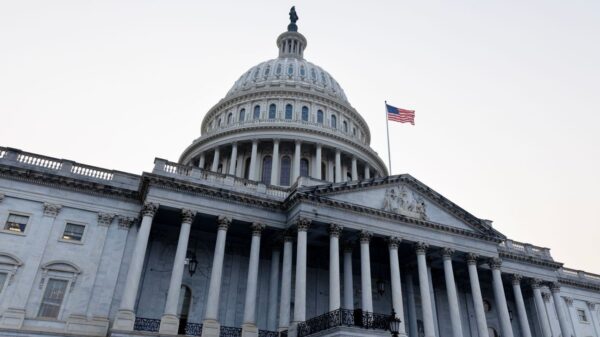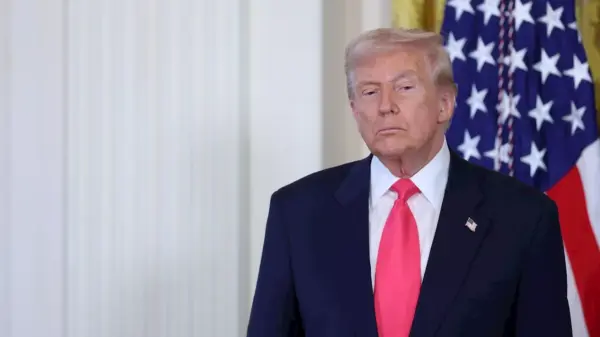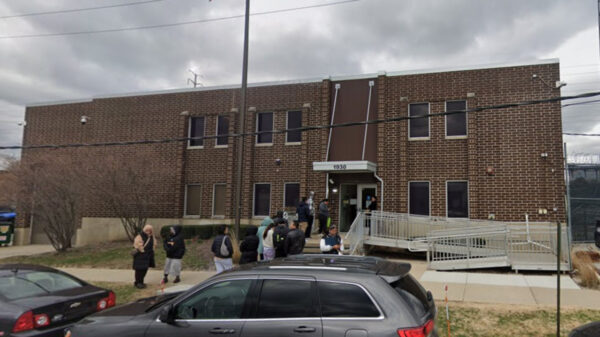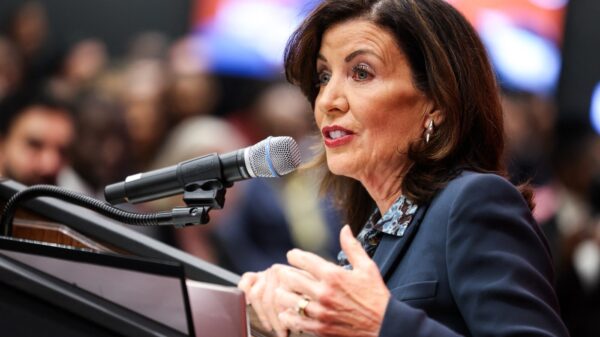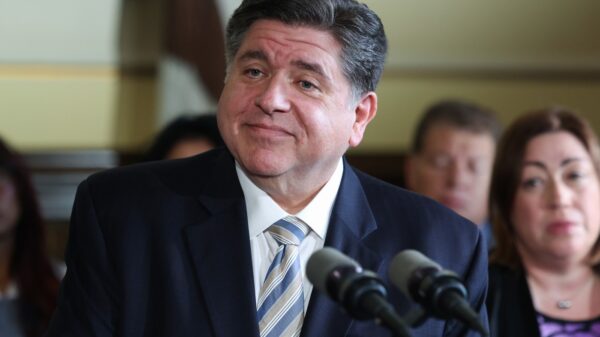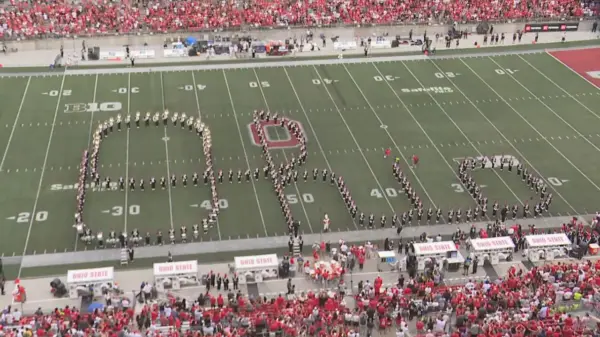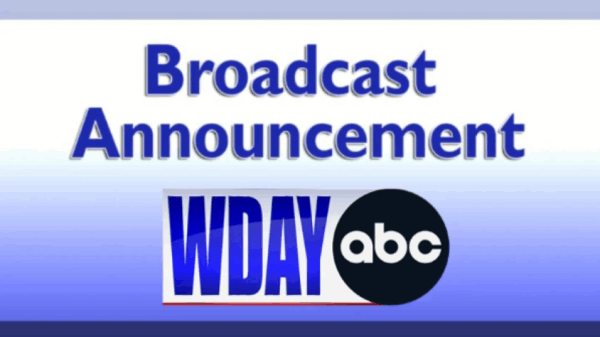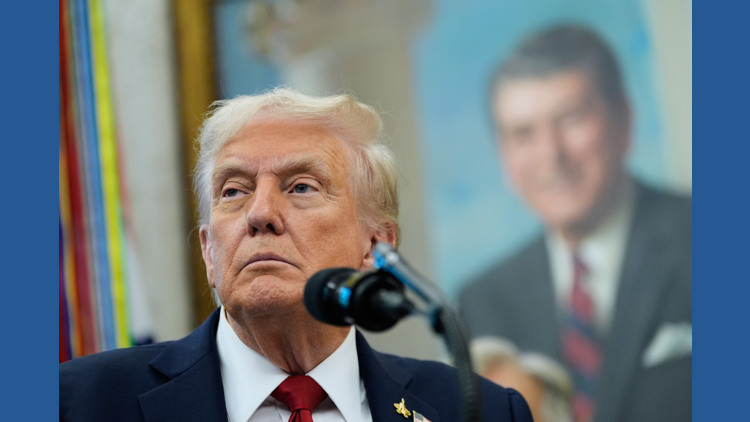The United States government has entered a state of shutdown, reigniting a cycle of political maneuvering reminiscent of past conflicts. In a sharp reversal from his previous calls for collaboration, former President Donald Trump is now urging Democrats and Republicans to unite to resolve the impasse. “You have to get people in a room, and you have to just make deals for the good of the country,” Trump remarked during a similar situation in March 2013 when he was a business mogul.
Now, as President, Trump and his party are adopting a markedly different stance, with Republicans refusing to engage in negotiations that could lead to a resolution of the current standoff. The Democratic Senate leader Chuck Schumer has previously criticized the ideological fervor behind shutdowns, stating that some believe causing a shutdown can yield favorable outcomes. Today, Schumer and many Democrats have rejected proposed bills aimed at reopening the government, insisting on the inclusion of health care provisions.
In Washington, the complexities of shutdown politics often blur the lines of accountability. Both parties have leveraged shutdown threats to achieve policy objectives while simultaneously condemning each other for similar tactics. Brendan Buck, a former aide to House Speakers John Boehner and Paul Ryan, emphasized that many politicians become blinded by the perceived righteousness of their positions. “It’s a political messaging exercise framed as a negotiating tactic,” Buck noted, suggesting little evidence that shutdowns effectively serve policymaking purposes.
The current political landscape features stark contrasts from previous shutdowns. Last year, Vice President JD Vance, then a senator, advocated for utilizing government funding as leverage to achieve Republican objectives. “Why shouldn’t we be trying to force this government shutdown fight to get something out of it that’s good for the American people?” he questioned during a podcast in September 2024. However, this week, Vance shifted his rhetoric, stating it is “not reasonable” for Democrats to use their demands as leverage in the current shutdown.
The evolution of positions among key politicians underscores the cyclical nature of shutdowns. In 2013, Senator Elizabeth Warren argued for passing a short-term funding bill to maintain government operations. Now, she has voted against similar measures pushed by Republicans, stating on social media that Democrats are not making excessive demands; they simply seek a restoration of health care coverage for millions.
The motivations behind shutdowns often reflect the specific policies the instigating party wishes to advance. In 2013, Republicans led by Ted Cruz insisted on defunding the Affordable Care Act, resulting in a 16-day shutdown. Conversely, in January 2018, Democrats sought legal protections for young immigrants, known as “Dreamers,” leading to a brief three-day shutdown when Trump refused to negotiate. A subsequent shutdown in early 2019, lasting 35 days, was centered on Trump’s demand for funding a border wall.
Historically, the party instigating a shutdown rarely achieves its goals. Despite Republican efforts, the Affordable Care Act remained intact, while Democrats received limited concessions regarding “Dreamers.” Observers note that the current Democratic push for health care subsidies and the reversal of Medicaid cuts is unlikely to bear fruit, given past patterns.
According to Michael Thorning, director of the Structural Democracy Project at the Bipartisan Policy Center, shutdowns are becoming more frequent as both parties perceive a lack of electoral repercussions. “It’s hard to see any pattern of public accountability there,” Thorning remarked, suggesting that the political risks associated with shutdowns have diminished over time.
The White House has not promptly addressed inquiries regarding Trump’s previous comments on shutdowns. In a general press statement, the office indicated that typical monitoring might experience delays due to the “Democrat Shutdown.” Later, spokeswoman Abigail Jackson criticized Schumer and Democrats, claiming they were trying to deflect blame for the shutdown onto others. “Here’s the truth: Democrats shut down the government because they want free health care for illegal aliens,” Jackson stated, framing the narrative in stark terms.
As the shutdown continues, the political landscape remains charged with tension, and the outcome of these negotiations will likely carry significant implications for both parties moving forward.

